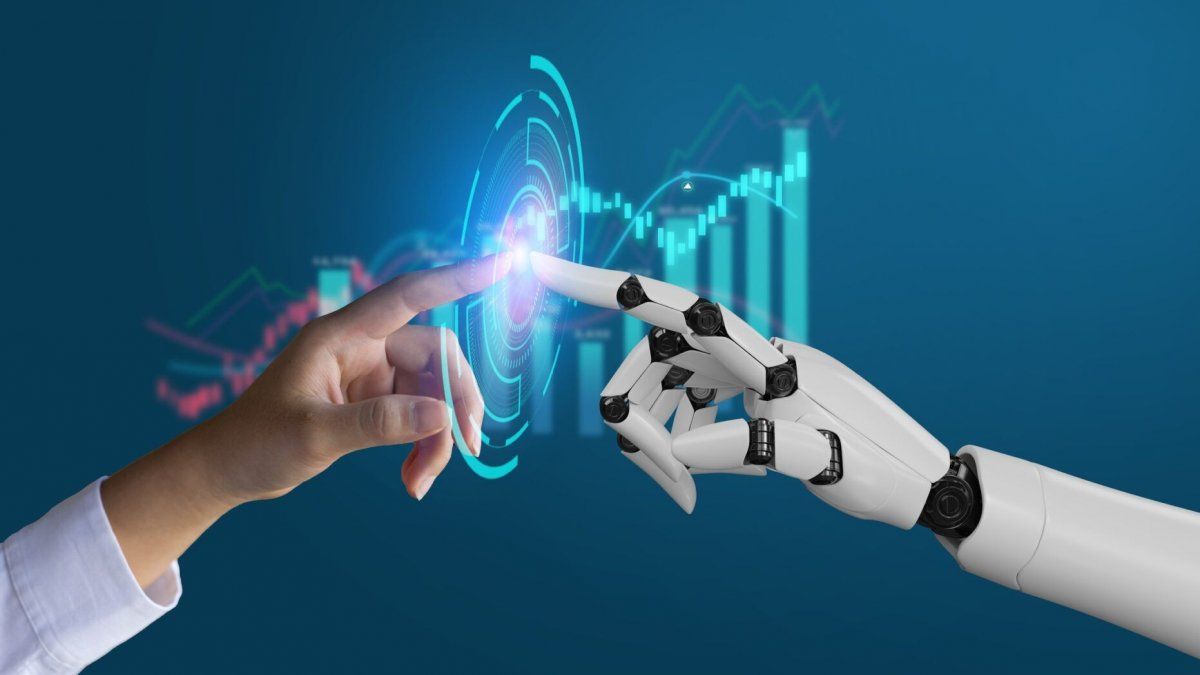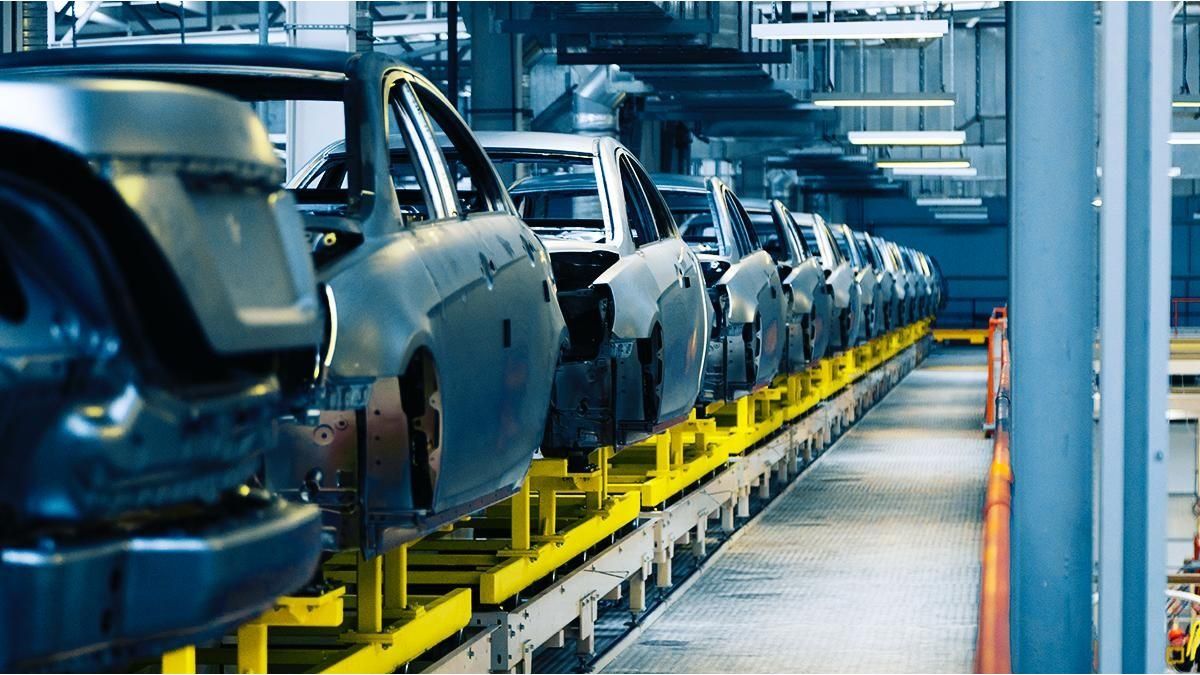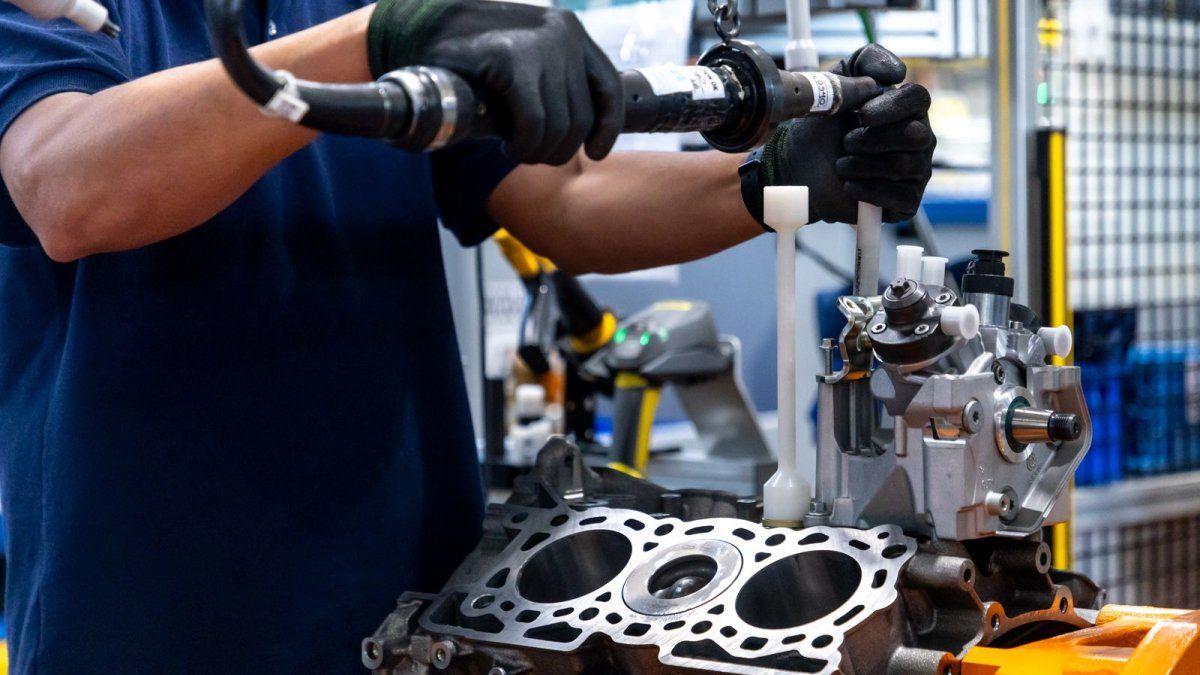President Javier Milei traveled to the United States to meet with the most innovative companies in Silicon Valley. The Government’s intention is to position Argentina as a leading country in artificial intelligence, but the chainsaw raises questions about the continuity of public policies for this development: What is the potential and what challenges are faced?
The Argentine delegation that also includes the Minister of Economy, Luis Caputo, and the President of the Council of Economic Advisors, Demian Reidel, has already held meetings with representatives of Google, Apple and Open AI. The tour will culminate with a meeting with the CEO of Meta, Mark Zuckerberg.
The extensive agenda raises expectations for the knowledge economy, which has become one of the most dynamic sectors for the country. In dialogue with Ámbito, the engineer specialized in AI and CEO of RockingData, Fredi Vivas, highlighted that “Argentina has great potential for the development of artificial intelligence because it is a pioneer in talent generation.”
In that sense, he praised the master’s degree linked to the subject that the University of Buenos Aires has had since 2004. The universities of San Andrés, Almirante Brown and others throughout the country also have degrees. Although human resources are essential, Vivas clarified that “Developing technology requires a lot of investment.”
This last point appears as one of the main limitations. The recession plummeted local investment levels to historic lows. Access to credit remains very limited for Argentina and foreign direct investment, with strong exchange controls, has not yet appeared.
In parallel, the State is abandoning its role as promoter: Budget execution for the Science and Technology function fell 20.9% year-on-year in the first quarter of the yearaccording to data from the Ibero-American Center for Research, Science and Innovation (CIECTI).
The projection is that by December the collapse can be between 25% and 30%. The report warns that “public investment constitutes the main component and fundamental driver of R&D” so this represents “a devastating impact on the system as a whole.”
Argentina is not the only country that wants to get into the artificial intelligence race. This week the president of France Emmanuel Macron announced a program to increase the number of people trained in the subject from 40,000 to 100,000. More than 400 million euros will be invested for that alone. Before the end of the year, it will launch a new investment fund to support sectors linked to AI.
Artificial intelligence is a tool that organizations around the world use to be more efficient, have better results, understand their customers and optimize processes. It cuts across any industry, agriculture, education, medicine. For Fredi Vivas, although many Argentine companies know that data can help them meet their objectives, one of the main barriers today is financing.
Reidel, Milei’s main advisor on the matter, highlights as bait that Argentina has “large areas of land with a cold climate and energy reserve” and that the Government is promoting “the ideas of freedom, low regulation and free enterprise.” . The question is: will these arguments be enough?
Source: Ambito




